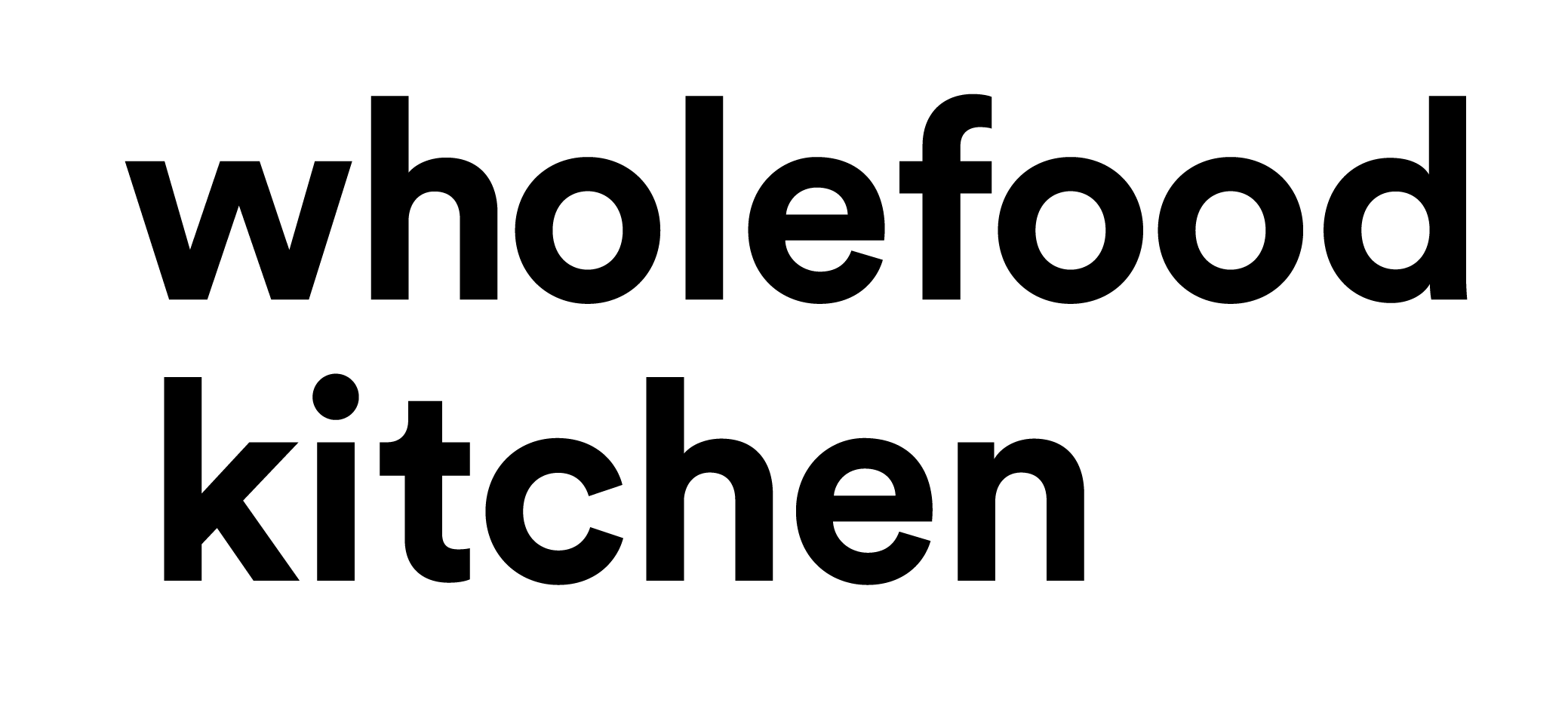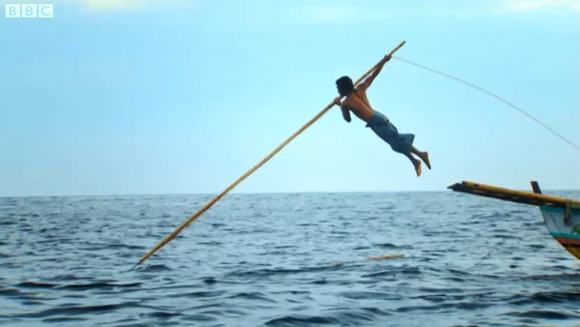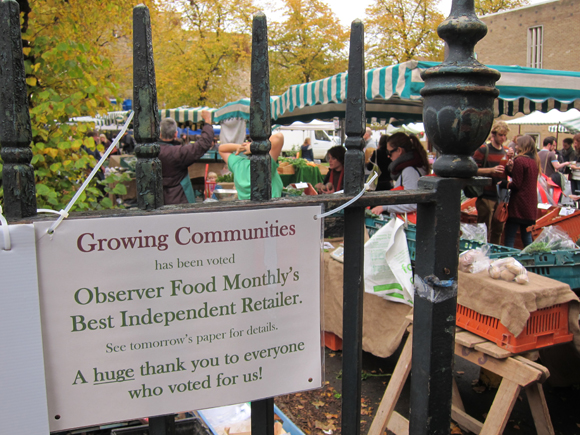There was a programme on UK television last night, which explored our relationship with the Sea, and shed some light on the fishing industry, in a startling and thought-provoking manner. No, it WASN’T Hugh Fearnley-Whittingstall’s exposé of the senseless phenomena of ‘discard’ which is the result of the EU fishing quota system. His fish fight campaign is truly inspiring, and seems to be having significant effect by mobilising enough people to provoke a response from politicians to enact change, rather than demonstrate their ability to avoid answering a question with a ‘yes’ or a ‘no’. However, the programme I’m referring to was the first episode of Human Planet on BBC1, which presented a sequence of ever more incredulous examples of mankind engaging in a ‘face-to-face battle with raw nature’ within the ocean environment, usually to capture something to take back to serve as nourishment for themselves, their families and communities.
Invariably, these were life and death encounters. And with it came a sense of acknowledgement and respect of the Oceans, the creatures that lived within it, and for the lives surrendered in order to sustain their (our) own. It was challenging fare, including the hunting and killing of a Sperm Whale by Indonesian fishermen. This sequence was difficult to watch, but there was a sense that what was taking place was a million miles from the practice of commercial whaling, resulting as it did in food being provided for the entire village, for a period of months. Another passage showed a man from Papua New Guinea demonstrating the ancient art of ‘Shark Calling,’ a sacred practice which would generally result in the capture and killing of a shark for food, but which ended in the shark being released, in acknowledgment of the dwindling numbers of sharks due to the effects of large-scale commercial fishing.
Remarkably, all this was missed by the Guardian reviewer Sam Wollaston who suggested ‘It’s not especially intelligent television. You’re not really learning anything. What you are doing is gasping, at the beauty and the wonder of the old planet. It’s coffee-table television, and at that it is very good.’ This response is perhaps not so surprising, as it reflects the dislocation that exists between ourselves and our origins, our relationship with food, and our connection with nature.
Check out Hugh’s fish fight campaign, and sign the petition if you wish to hasten the end of the ludicrous ‘discard’ phenomena, whereby upwards of 50% of fish catches in the North Sea are dumped at Sea, as they exceed the quota for certain species.
Check out the remarkable ‘Oceans – Into the Blue’ episode on BBC iPlayer, available for the next 7 days.







Thanks for this Kevin, spot on. Will check you the other programme too.
This morning I asked fishmonger at the stoke newington farmers market why he does not have sardines…apparently there are not around the coast of SE England, was a bit puzzled by this. I would like to get the small fish which were shown on the programme…it would be excellent deep fried and then you get to eat all bones etc. Very nutritious. Similar to the dry fish which Mutsuko used to make the sesame condiment….